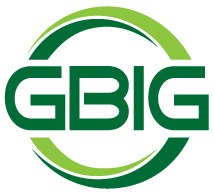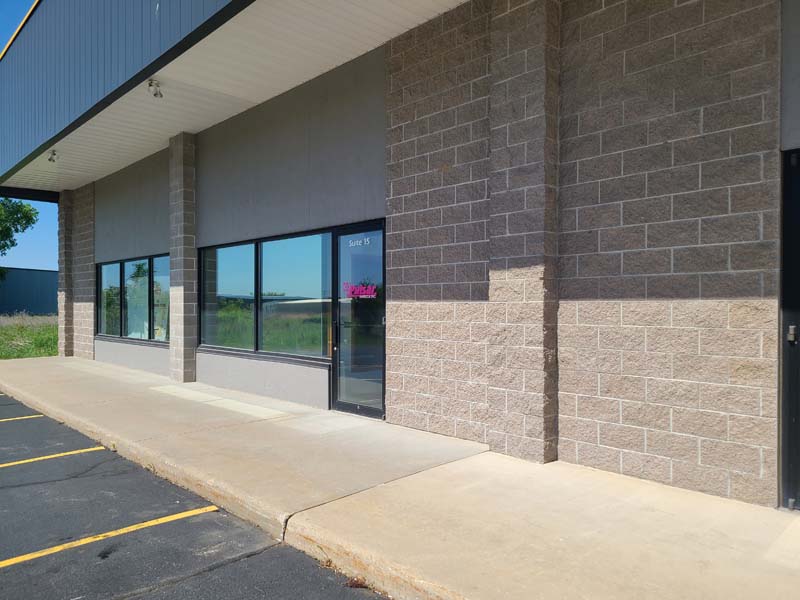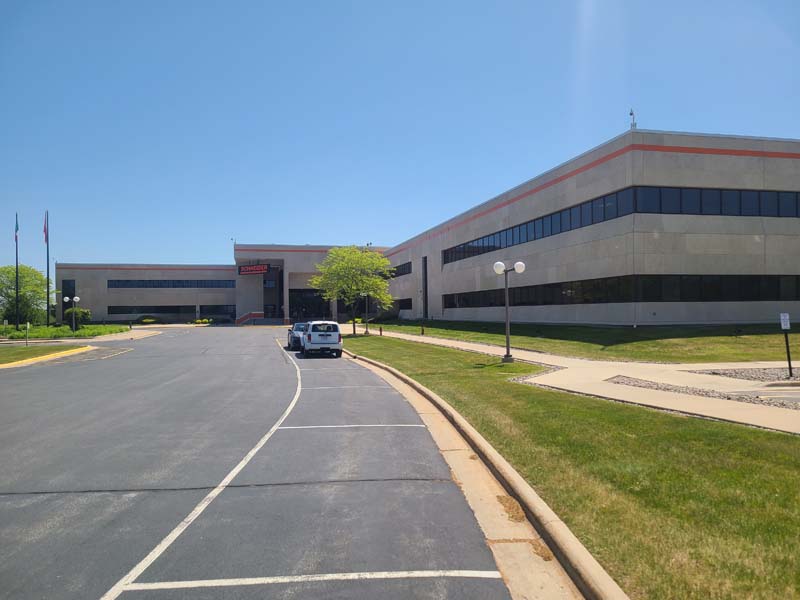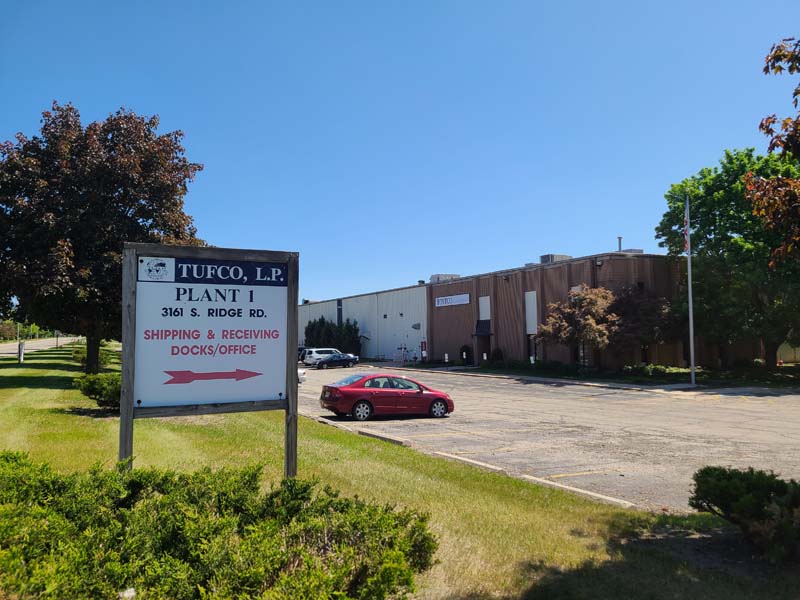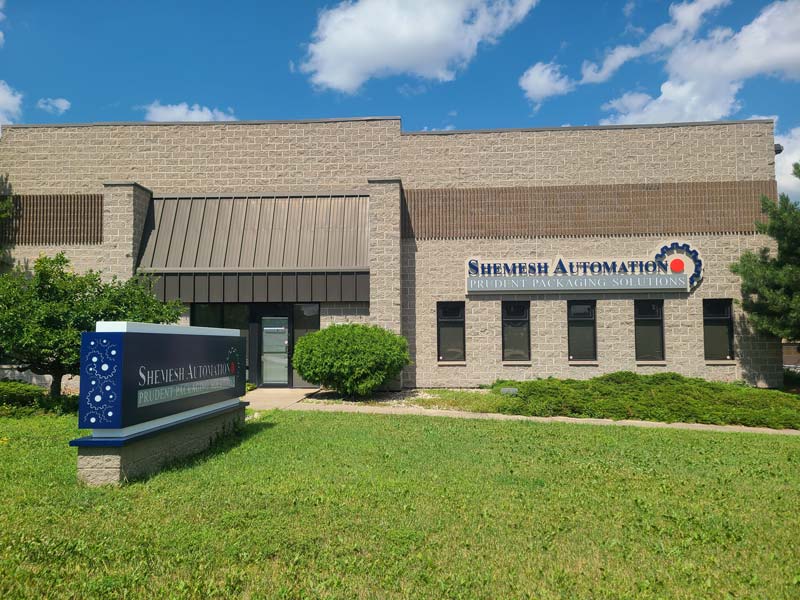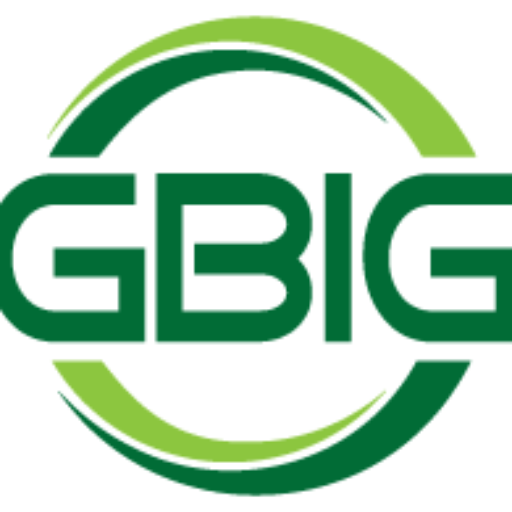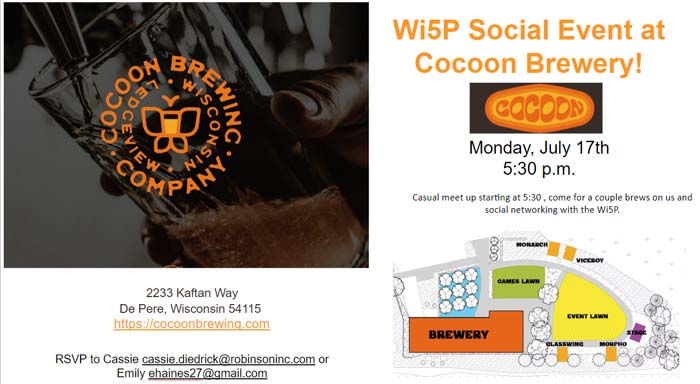The Swing Big with GBIG golf outing was a rousing success in 2023, and GBIG is donating the proceeds to scholarships and several well-deserving Green Bay-area nonprofits. One of the recipients is the Green Bay Action Sports Organization (GBASO).
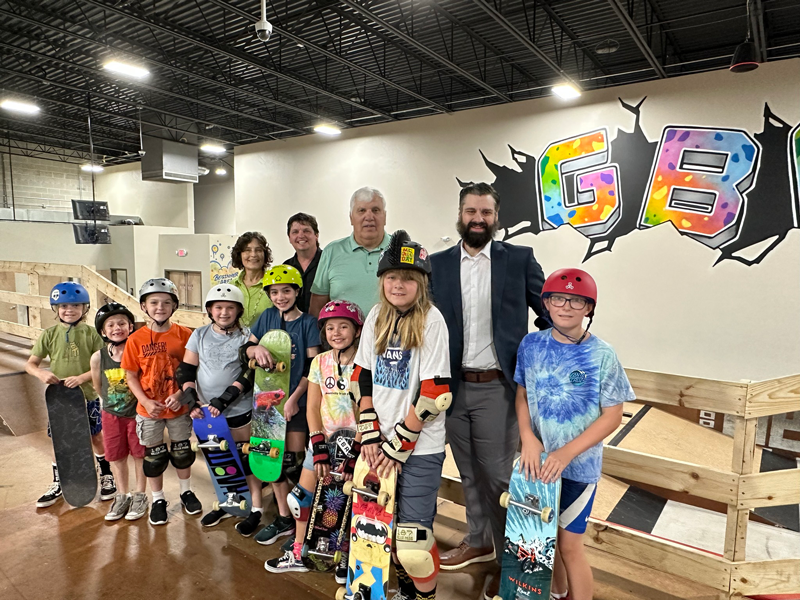
GBASO is an indoor action sports complex for skateboarding, scootering, BMX, and in-line skating. GBASO’s mission is to develop our youth’s social, physical, and leadership skills by partnering with the community to provide access to action sports and educational opportunities. GBASO’s “No One Left Out” initiative provides a skateboard and protective gear to youth whose families don’t have the financial means to afford a membership.
GBASO recently moved into a massive 20,000 sq ft facility at 2351 Holmgren Way, Green Bay, next to the Epic Event Center and Ashley Furniture. To prepare for the move, GBASO launched a capital campaign to build all new ramps, runs and fly boxes, including a street and beginner area. The nonprofit organization signed a 15-year lease for the facility where youth can expand their action sports skills within a culture of education and mentorship.
GBIG’s seed money will help GBASO get established at its new home. An engraved skateboard with the GBIG logo will be displayed on the donor wall.
The GBIG donation plays an integral role in:
- Promoting Physical Fitness and Health
- Encouraging Community Engagement
- Youth Development
- Safe Recreational Spaces
- Supporting Athletes’ Dreams
GBIG’s donation positively impacts future generations and the 20,000+ people who visit GBASO each year.
